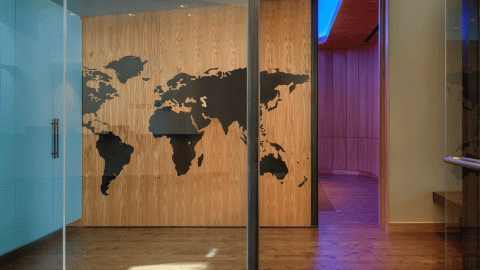Five fast facts: Australia’s model to strengthen news and journalism
A healthy democracy depends on healthy journalism. Australia created an innovative model that would require tech gatekeepers to share search revenue with news organizations. The approach is being viewed as a potential model for other countries, too. Here are five fast facts about the proposals:

For the first time, under the code smaller news publishers will be able to join together and collectively negotiate a fair share of the billions of dollars Google and Facebook make from using their content.

The current bill doesn’t include a pay-per-link model and it won’t “break the internet.” While early discussions included such ideas, they were dropped long ago. The current proposal instead requires that tech gatekeepers pay a fair price for news by requiring that they compensate publishers based on the benefits they derive from including news content on their platforms.
The proposal requires negotiations between tech gatekeepers and publishers and arbitration if those negotiations reach an impasse. An arbitral panel can then make a final determination based on an assessment of the benefits derived by each side in having the news content included on these platforms, the costs of producing this content, and any undue burden an amount would place on the platforms themselves.
All this is important because today Google and Facebook control about 81 cents of every dollar of digital advertising in Australia.

There is a relatively low threshold to participate. Any Australian news publisher making at least $150,000 per year can register for payments by Google and Facebook – that’s an estimated 100 to 200 publishers, including local and independent news publishers.
[READ MORE: Australia, journalism and search: What people are saying]

How news content is shown or ranked in search results and on social media feeds can impact how many people visit the site, sometimes by as much as 50%. If Google or Facebook want to make a change, the “dominant purpose” of which is to change the distribution of content and “the change is likely to have a significant effect on the referral traffic to covered news content,” they need to give news publishers advance notice.

Another way the playing field is leveled is by preventing Google and Facebook from discriminating against news publishers or their content based on whether they are registered to participate under the code or how much they get paid.
Read more about Microsoft’s endorsement of Australia’s proposal on technology and the news and follow @MSFTIssues on Twitter.








